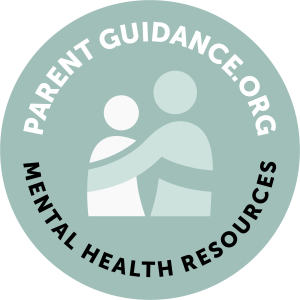 The alluring sights and sounds of the TV and video games are enticing. However, we all agree children need a healthy balance of exercise and reading. Today, let’s focus on reading and some simple tips you can use to encourage more of it.
The alluring sights and sounds of the TV and video games are enticing. However, we all agree children need a healthy balance of exercise and reading. Today, let’s focus on reading and some simple tips you can use to encourage more of it.
Before the pandemic, the U.S. Department of Education stated children average four to six hours of TV viewing per day. It’s safe to assume video games get plenty of attention, too. Yet, we also know that children who read tend to do better in school.
It’s been recommended that parents should begin reading to their children by the time they are six months old. Hearing the same books repeatedly improves familiarity and builds a child’s vocabulary. Reading early and often is your best preparation for them entering kindergarten.
But raising good readers isn’t easy. Some children show less interest than others, but there are lots of small ways you can introduce them to such an important part of their future.
Make Reading an Active Process
Choose books with pictures and large print, then point to each word as you read, so they connect sounds with visuals. Integrate emotion into the tone of your voice as you read. This helps assign meaning to the words and a framework for storytelling.
Teach your child how to turn pages upon your prompts, so they get the added benefit of learning to follow directions. And further, instruct your child on how to care for books, keeping them organized, and in a specific spot to further their growth in areas of respect and responsibility.
Lastly, tie books to experiences. For example, if you read a book about fire trucks, schedule a time for a trip to the fire station so you can help them connect the dots between reading and reality. Or if you are reading a book with rabbits, make a trip to the pet store so they can see real rabbits. Experiences bring books to life and form bonds with you as a parent.
 Make Reading a Prominent Feature
Make Reading a Prominent Feature
Let children catch you reading a book (not a book on a mobile device). Kids assign value to what parents do or find interesting. Thus, when they see you making time for reading, they will view it as important.
Make regular trips to the library and allow them to choose books they would like to read. Help them learn where age-appropriate material for them can be found and to participate in the checkout and return process.
Bring books with you to the doctor’s office, church, hikes, vacations, short trips to the store, and other places where your child might find a little bit of extra time. Sometimes those extra minutes can for deep, meaningful experiences for a child and further signal the importance of reading.
Have books on shelves in multiple locations where you live so they can see the emphasis placed on them. And have special quiet places designated for reading – kids love predictability and routines.
Reading and Open Dialogue
 As your child gets older, they will develop some independence and want to read on their own. Open communication evolves over time, but it doesn’t have to end. The early years of reading together carve a mental pathway for open dialogue that can shift and mature but remain intact.
As your child gets older, they will develop some independence and want to read on their own. Open communication evolves over time, but it doesn’t have to end. The early years of reading together carve a mental pathway for open dialogue that can shift and mature but remain intact.
One way to help with the inevitable shift is for parents to finish the reading with some simple dialogue about the book. Ask them questions to see how much they understand, what was fun or interesting about the book, and other queries that can extend engagement beyond the reading session.
It can’t be overstated how important reading is for children. The opportunities and doors open to them throughout the K-12 and college education are immense. But so, too, are the bonds you can form with your child through the process – a relationship built in part on a love for reading.





